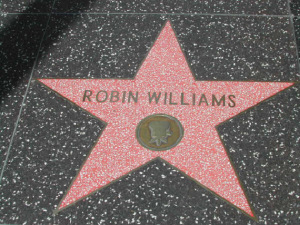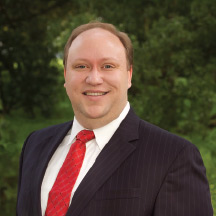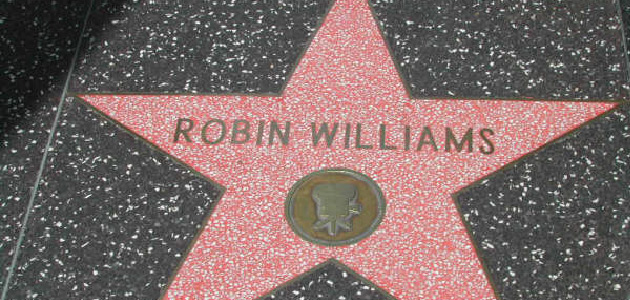Williams’ kids and wife continue the fight in San Francisco Superior Court

In life, the late Robin Williams was incredibly protective over the commercial use of his name, image and likeness. He rarely, if ever, promoted products or appeared in commercials. Going all the way back to his days as an actor on the show Mork & Mindy, Williams objected both personally and philosophically with his depiction on children’s toys and games associated with the Mork character. In the 90s, he publicly feuded with Disney over his Genie character from the Aladdin movie marketing products to children.
Thus, in death, it should come as no surprise that, while Williams’ ex-wife and children continue to fight over the bulk of his estate in San Francisco Superior Court, their fight will not include the right to exploit Genie as spokesperson for vacuum cleaners or Mrs. Doubtfire for nanny services because of a state law protecting celebrity rights.
Over a dozen states have statutory protection for publicity rights, there is no federal protection for such right. In California this right is known as the Celebrities Rights Act, and is codified in California Civil Code §3344. The statute, enacted in 1971, grants celebrities the absolute right over use of their name, voice, signature, photograph, or likeness, in any manner, on or in products, merchandise, or goods, or for purposes of advertising or selling, or soliciting purchases of, products, merchandise, goods or services. Famous cases in the area of publicity rights have involved Tom Waits (sound alike), the Three Stooges (transformative rights) and Martin Luther King, Jr. (expanding the definition of “celebrity”).
In a 1979 case involving the publicity rights of horror movie star Bela Lugosi the California Supreme Court ruled that right of publicity terminated with the death of the celebrity, and did not become part of the estate. This was changed in California with the 1985 amendment of the Celebrities Rights Act called the Astaire Celebrity Image Protection Act (California Civil Code §3344.1). The Astaire Act expanded the original statute by granting publicity rights post mortem for 70 years and allowing those rights to be subject to a celebrity’s estate plan.
Absent this extension of post mortem rights under the California statute, Robin Williams’ publicity rights might have simply terminated upon his death. Anyone would have been free to place his image on products or use his likeness or voice for commercial endorsements. Instead, Williams’ placed his publicity rights in trust and prohibited all commercial use until 25 years after his death. After 25 years the Windfall Foundation, and not the Williams family, will have the right to exploit the comedian’s publicity rights for the remaining 45 years.
Despite some reports to the contrary, a celebrity like Williams restricting the use of his post mortem publicity rights is not uncommon. Following his death in 2012, Adam Yauch (aka MCA) of the Beastie Boys famously restricted use of his publicity rights. He also restricted use of his music copyrights. Thus, the surviving members of the Beastie Boys are forced to aggressively defend against any use of the band’s image or music; leading to recent cases involving Monster Energy Drink and Goldie Box toys. What is fairly unique with Williams is that he restricted use of his rights for less than the full term of 70 years.
Williams’ decision to continue his lifelong goal of limiting the commercial exploitation of his name and likeness means the public won’t be seeing Williams’ hologram in concert, as we’ve seen with Michael Jackson and Elvis in recent years. Speaking of the Kings, of Pop and Rock N Roll, the duo ranked first and second respectively on the 2014 Forbes list of highest earning dead celebrities with nearly a combined $200 million in revenue earned from album sales, merchandise and, yes, holograms. While Williams won’t be making any money for his estate from the commercial exploitation of his publicity rights, he also can rest in peace knowing his image won’t show up on the side of a toothpaste tube and his likeness won’t appear on a child’s pacifier.
About the author:
 Mark A. Pearson is a member of BASF’s SF-Marin Lawyer Referral and Information Service.
Mark A. Pearson is a member of BASF’s SF-Marin Lawyer Referral and Information Service.
ARC Law Group, with locations in San Francisco, San Jose and Los Angeles, focuses on working with creative, talented and entrepreneurial clients in the areas of technology, entertainment and business law.
Follow ARC Law Group on Twitter: @ARCLawgroup





